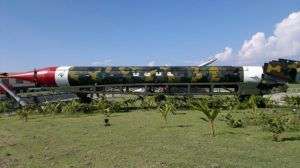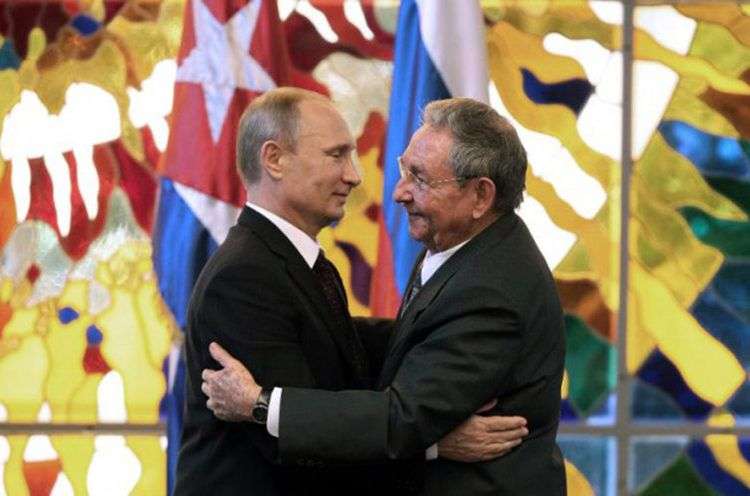Rarely in half a century, you get the chance to witness a full circle of history like this that Cuba and Russia just closed. Of course, the relationship will not go exactly through the same parameters but the essence is that Havana and Moscow again know they need each other.
I remember in 1990, when I arrived in the island I witnessed the relations between the two countries were crumbling and all, friends and enemies of the Cuban Revolution, believed that it was such a breakup it could never mend.
In those years, they brought citrus that usually were exported to sell in the market in my neighborhood and many neighbors felt happy without understanding that wealth was the result of the end of a system of beneficial trade and the prelude to the greatest shortage in its history.
The Russians told Cuba they would no longer barter, that from that time if they wanted to trade they would have to pay in hard currency like everyone else. Fidel Castro replied that in that case he would not buy anymore the crap that his former socialist brothers used to sell him.
The rarefied air grew worse even when Moscow demanded that the Cubans settle the 35 billion dollar debt and Cubans reminded them that it was not in dollars but rubles. Also they requested compensation for breach of contract, like in the case of the Juraguá nuclear plant, which Moscow refused to complete.
But the lowest point in bilateral relations came in 2001, when Vladimir Putin himself ordered to dismantle the military base in Lourdes, located on the outskirts of Havana and dedicated to electronic surveillance of communications on the east coast of the U.S.
The restoration of relations with Cuba
Less temperamental than his brother, Raúl Castro worked since the beginning of his mandate to restore bilateral ties. And he did it through the Russian Armed Forces, an institution that maintains almost the same interests as during its Soviet past.
Intergovernmental relations multiplied but there is no doubt that the Cuban General kept his best contacts in the military. So much so that during a trip to Asia he made a

large scale in a small Russian airport to meet personal friends.
Raul Castro worked his relations with Moscow with the precision of a watchmaker and discretion of a confessor, reflected in the designation of his son, Colonel Alejandro Castro to discuss with the Russians the most sensitive issues: the military and security.
The West did the rest, as in the 1960s. Historical difference is that at the beginning of the Cuban Revolution they pushed Havana into the arms of the USSR and today is just the opposite, forcing Russia to resume its relationship with the island.
Cuba is still 90 miles from the U.S. and the bilateral enmity survives. Those are two realities that make Havana into one of the safest and most loyal Kremlin´s allies in the region. The approach is a logical response to a NATO increasingly closer to its borders.
Furthermore, in terms of trade is the only country in Latin America where they do not have to compete with the interests of Washington. The U.S. Economic Embargo weighing on Cuba for half a century leaves, again, totally free the way to Moscow.
Another historical differences is that in the 1960 Cuba was isolated, while today shares in integration organizations, has relations with all countries on the continent (except U.S.) and has close links with some very important ones as Venezuela, Brazil , Argentina or Mexico.
Between Cuba and Russia pragmatism has prevailed. Havana gets rid of most of the debt, warrants major Russian investment in sectors such as air transport, energy or oil and achieved an alliance with all the BRICS countries, which is an essential move for a nation that doesn’t have any sympathies from the Western powers.
Meanwhile, Russia gets a safe harbor in Latin America for docking their military and cargo “ships”. It changes a bad debt by three billion dollars in investments in the Port of Mariel and get access to search for oil in Cuban waters.












No confío en los Rusia por ahora